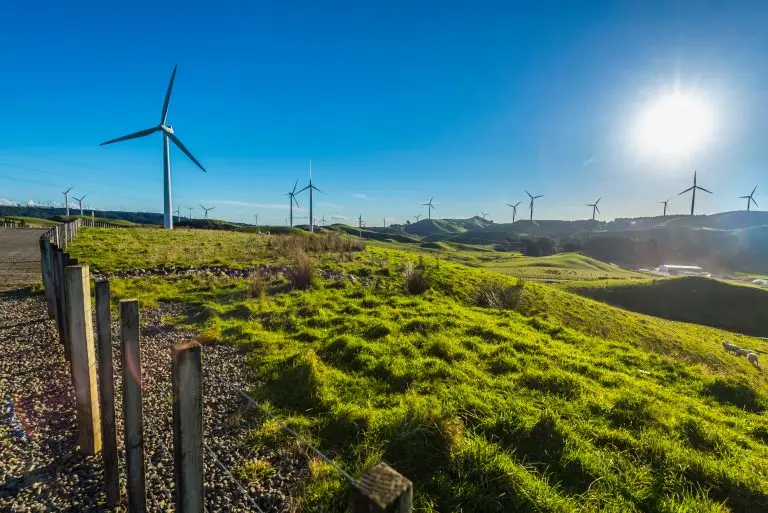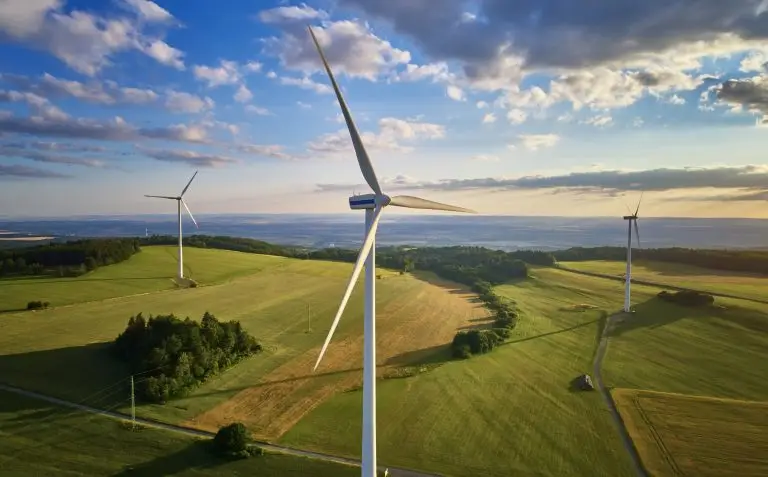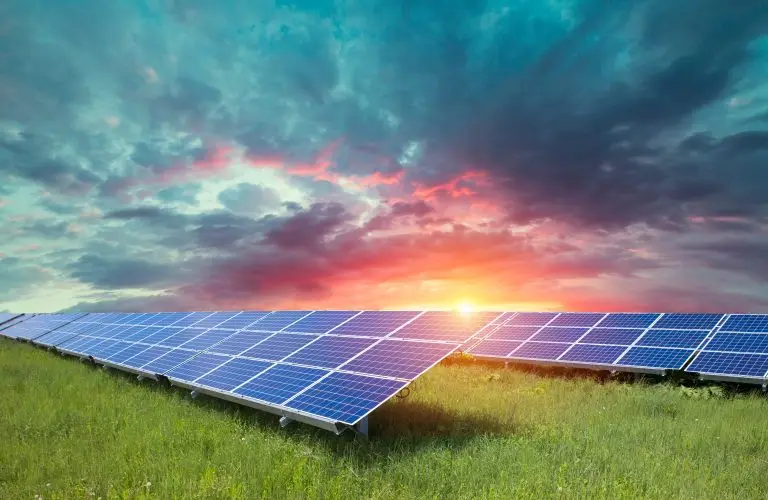On 11 November 2022 the Government approved a series of amendments to Emergency Government Ordinance no. 27/2022 regarding the measures applicable to final customers on the electricity and natural gas markets between 1 April 2022 – 31 March 2023 (“EGO 27/2022“) and to Emergency Government Ordinance no. 119/2022 amending and supplementing EGO 27/2022.
The amendments were published in the Official Gazette no. 1901/2022 on the same day as Emergency Government Ordinance no. 153/2022. The primary novelty introduced by the changes refers to a centralized purchasing mechanism for electricity, that will be in place for over 2 years, from 1 January 2023 until 31 March 2025. Below, we examine its main characteristics:
Centralized purchasing mechanism for electricity
- Prompted by the current extraordinary situation taking place on the energy market, the Government has decided to implement a temporary centralized purchasing mechanism, through which, with some exceptions, all electricity producers with an installed capacity of 10MW or more, will sell electricity to a single purchaser, namely the Electricity and Natural Gas Market Operator (“OPCOM“);
- The following electricity producers are exempted from participating in the centralized purchasing mechanism: (i) producers of electricity from renewable energy sources (i.e., hydraulic power up to 10MW, wind, solar, geothermal, biomass, bioliquids, biogas, waste, and sewage gas), (ii) production capacities commissioned after 1 April 2022, and (iii) producers of electricity and thermal cogeneration capacities, delivering thermal energy into the centralized thermal energy supply system (“SACET“);
- As the sole purchaser, OPCOM will purchase electricity from electricity producers, and sell it to: (i) suppliers who have signed contracts with final customers, (ii) the transmission system operator (“TSO” or “Transelectrica“) and (iii) to the distribution system operators (“DSOs“), to cover their own consumption costs.
- The price paid by the sole purchaser to the electricity producers, will be fixed, amounting to RON 450/MWh. Also, the sole purchaser will further sell the electricity to suppliers, the TSO, and the DSOs at the same price of RON 450/MWh.
- The National Regulatory Authority for Energy (“ANRE“) will transmit to OPCOM and Transelectrica, the list with all the producers and economic operators purchasing electricity for the first year in which the annual purchase procedure will be implemented. In fact, on 14 November 2022 ANRE has already published the list of producers having the obligation to sell electricity at the regulated price of RON 450/MWh (i.e., 17 producers), as well as the list of suppliers that will benefit of the electricity sold at this price.
- All electricity producers subject to the centralized purchasing mechanism, will be required to submit the following data until November 24th of the year preceding the year of application,
- the electricity that is expected to be delivered into the grid in the following year;
- for electricity producers contracting balancing services, the electricity envisaged in order to ensure balancing requirements;
- the quantity of electricity already contracted for sale at the time EGO 153/2022 entered into force; and
- the quantity of electricity available for sale, for the year of application.
- The quantities transmitted by the producers will be analyzed and approved by ANRE. Once validated, producers will be required to sell the established electricity quantities to OPCOM via the centralized purchasing mechanism;
- OPCOM will organize both an annual and a monthly purchasing procedure, with the monthly procedure being organized for the additional electricity quantity that will be delivered the following month.
- The sale and purchase of electricity through the centralized purchasing mechanism will be governed by a framework agreement, which OPCOM will publish on its website.
- It is important to note that the new amendments did not repeal the solidarity tax [1] introduced by EGO 27/2022, and as a result will remain in place until the end of August 2023.




